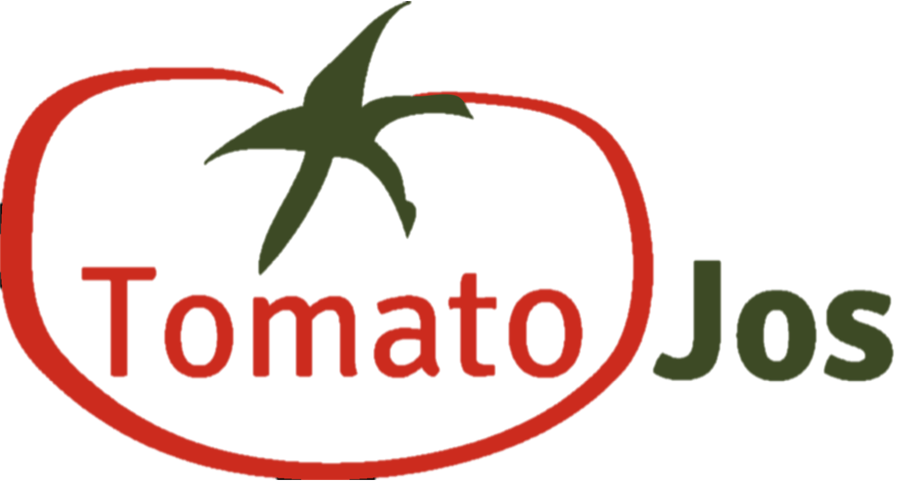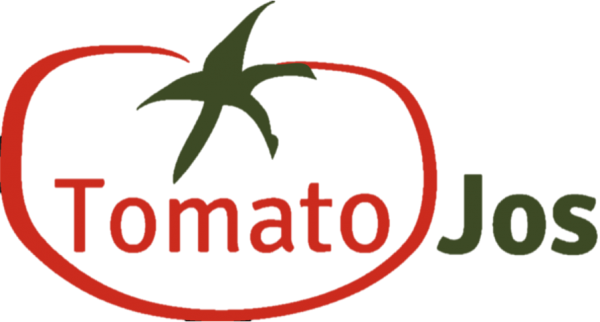You’re a smart young woman living in the United States, with an MBA from Harvard and billion dollar corporations offering you jobs that many could only dream of getting. What do you do?
Mira Mehta has an answer to this question: settle in a Northern Nigerian village and start a tomato farm there. It’s an answer that she’s lived out since 2014, when she launched an agricultural company, Tomato Jos, in Panda, Nasarawa State. Her decision left more than a few mouths gaping; her father wondered aloud why she would take such an obviously risky leap. But she had her mind made up.
Mehta thinks of this as the sort of thing passionate entrepreneurs do all the time- they give up the chance to live a more comfortable life and opt for the difficult grind. For her, it has meant living without public power supply, reliable phone reception or internet connectivity.

Financial Times
“Definitely, I’m roughing it,” she admitted in an interview with the NTA. “I’m roughing it more than I’ve ever done in my life.”
But then she says she’s not quitting anytime soon. “I’m living my dream and trying to accomplish my dream, and that’s what keeps me going.”
The Making of a Nigerian Dream
Getting scorched by northern heat and rubbed in farm dirt isn’t the sort of dream that many a considerable movement of dream seekers going in the opposite direction from Mehta’s journey- Nigerians seeking a ‘better life’ abroad. Ironically, the migrations are driven by some of the problems that drew Mehta to the country.
Mehta had arrived Nigeria in 2008 to work for the Clinton Health Access Initiative (CHAI), an American NGO tackling AIDS-related issues in developing countries. She wasn’t out of options for a career; just the year before she had been working with the famed American asset management company, Black Rock. There was more she could do.
Then, as she puts it, she fell in love with the country.
Mehta recalls the field trips she made to rural communities in the north while working with CHAI. An image from the trips stayed with her- the sight of farmers spreading out their tomatoes beside the highway to dry because they couldn’t sell them. There had been a glut- an oversupply of the produce –and the farmers had to preserve whatever couldn’t make it to the market.
Gripped by this reality, she researched the economics of Nigeria’s tomatoes. She was surprised by her findings. Despite being West Africa’s biggest producer of tomatoes, the country still imported tomato paste. The supply gap was caused in part by massive waste; a large percentage of tomatoes perished before they got to the point of sale because there was a widespread lack of adequate storage facilities. As a result, farmers suffered.
Experiences like this, as well as the widespread unemployment she encountered, made her yearn for an answer. But she wasn’t thinking about letting someone less tackle it.
“I felt there had to be a solution here,” she says. “Something I could do to close this supply and demand gap.”
Her solution was Tomato Jos, a company which helps local smallholder farmers improve their practice and serve the local market better.
Making Tomatoes Work
It took six years for Mehta to dive into the tomato business full-time. In that time, she studied the Nigerian market even more closely, did some work on the tomato trade in the United States, compared the systems from both countries, and thought up possible solutions to the problems she had observed.
In 2014, Tomato Jos was launched, with a farming site in Panda, Nasarawa State serving as its base. Mehta moved into the area, put together a team, and began trying to get local farmers involved with the project.
The business suffered a brutal first year. Much of the crop they planted was destroyed by a virus; a good deal of the rest was trampled by herded cattle. But Mehta kept at it.
“You could call it a disaster, or you could call it a learning experience,” she says with a laugh. “I chose to say it was a learning experience.”
Tomato Jos has since changed locations. Today, they’re running a large farm at Kangimi, Kaduna State.
Tomato Jos helps farmers with multiple tomato seed varieties, inputs, fertilizers, pesticides, and technical support, which enables them to grow more tomatoes than they otherwise would have. Then it buys the tomatoes from them at a fixed, competitive price.
The smallholder farmers who have benefitted from Tomato Jos appear pleased with it (one has even named her son ‘Tomato Jos’ after the company). That’s probably because they’ve seen a rise in their earnings from the contract farming system run by Mehta’s business, and aren’t suffering as much produce wastage as they did in the past.
Mehta has big plans for the near future. She’s looking to have a tomato paste factory set up by 2020- part of her company’s plan to take 10% of the tomato market in the medium to long term. But beyond the numbers, she hopes to leave a legacy that takes people out of poverty and transforms numerous lives.
Featured image source: www.tomatojos.net


